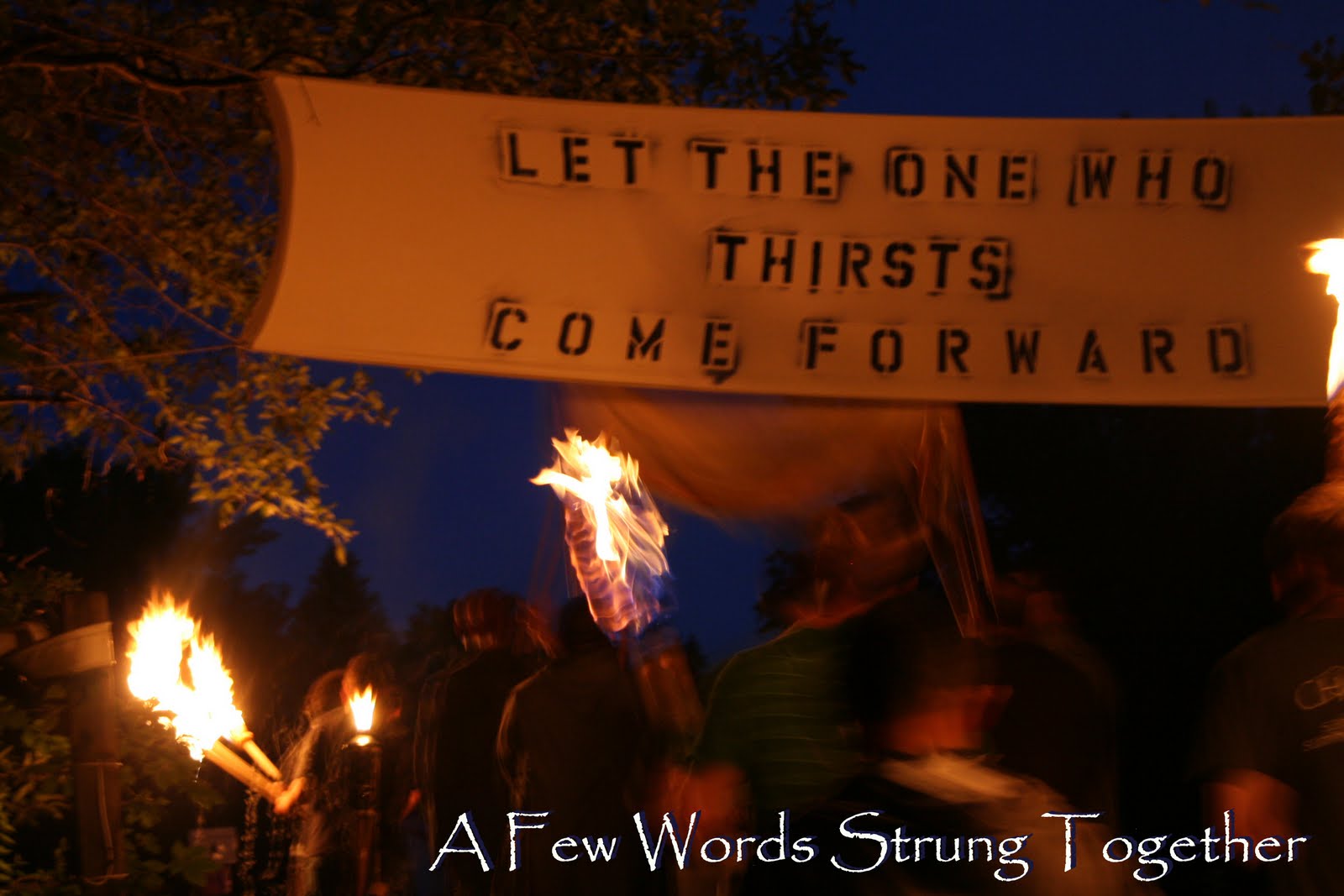I am still, unsurprisingly, reading George Orwell's "1984." It's notable that early dystopian fiction novels such as "1984" and "A Brave New World," both feature a detailed explanation of why the world is as it is. A person can glean quite a bit on what makes up a dystopian world from this particular section of the book.
The revelation I am currently enthralled by came from "1984." The first part of my revelation is that each dystopian world is dealing with questions of Metaphysics, or the philosophy of being. More specifically in experimenting with how to change the existence of a person as they are into something they choose them to be. They each attempt to fundamentally change people from their natural state, through the taking of the mind and the memory to create the sort of person that they desire.
The second part of this revelation is that the only way to change a disordered dystopian world is through martyrdom. George Orwell wrote it best when he revealed that his dystopian world did not allow martyrs, that by breaking into a rebel's mind and memories they could create whatever sort of criminal they desired. This would mean that they could still put the criminal to death, but by changing the person's metaphysical nature they steal from them the ability to be a martyr.
A martyr, as someone who would rather die than to say or do anything against what they are convicted is the true the good and the beautiful. In "1984" they remove the threat of martyrs by turning rebels into sniveling, mindless cowards who will confess to whatever is put into their heads.
Then looking at the other dystopian books I've read lately I began to see that each one has a martyr propelling change. Then it occurred to me that in order for a society of people who firmly believe that their dystopian world is actually utopia to see the need for any kind of change, then their eyes needed to be opened in a radical way.
What I liked most about this revelation in "1984" was The Party's awareness that martyrs had the ability to ruin the control on power that they possessed. This vein is hinted at in other dystopian universes, but it so admirably laid out in "1984."
Martyrology of Dystopian Fiction
- "Brave New World" > John the Savage
- "Farenheit 451" > Guy Montag
- "1984" > Winston
- "The Giver" > Jonas
- "The Hunger Games" > Primrose
